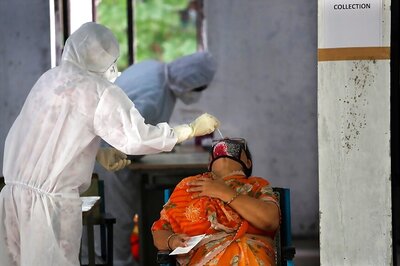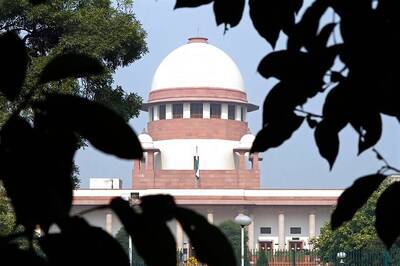
views
Washington: India and America are very close to an agreement on civil nuclear cooperation, says Nicholas Burns, US undersecretary of state.
But he indicated that the agreement with India might not be ready by the time US President George W Bush makes his first visit to New Delhi in March.
"It's very hard to say," Burns told reporters in Washington, when asked how far along would the landmark bilateral pact be when Bush made the trip.
But he said that a complex plan requiring India to separate civilian and military nuclear programs, a key component of the agreement, "might happen before the president's visit."
Bush and Prime Minister Manmohan Singh agreed on the basic outline of the civil nuclear cooperation initiative in Washington in July in 2005 and the two countries had hoped to seal an agreement before the President's visit.
"That remains our plan. And I've been in touch with the Indian government this week. I expect to be in touch with them in the coming days, and we hope to reach that goal," Burns said.
"If we can reach it, then, of course, that will be part of what the president discusses in Delhi. If we cannot, I assume then we'll keep on working, as diplomats do, to resolve the problem," he added.
The US came under fire this week after its envoy in New Delhi warned that the nuclear deal could be scupper if India voted against Western wishes to refer Iran's nuclear program to the UN Security Council.
The Indian foreign ministry summoned US ambassador David Mulford and told him that the comments were "inappropriate and not conducive" to US-India relations, India's foreign ministry said on Thursday.
India has said its decision on how to vote on the Iran nuclear issue within the IAEA would be based on its "own independent judgement."
Mulford later said his remarks were "taken out of context" and expressed "sincere regrets."
The bilateral deal would give India access to civilian nuclear technology it has long been denied for conducting nuclear tests and refusing to sign on to the nuclear Non-Proliferation Treaty (NPT).
(With AFP inputs)



















Comments
0 comment